- Membership Resources
- State Chapters
- Education/Events
-
Advocacy/Policy
- Home Care Workforce Crisis: An Industry Report and Call to Action
- Advocacy Fund
- State of Home Care: Industry at Crossroads
- Home Care Workforce Action Alliance
- Caring for Seniors: Value of Home Care
- Home Care by the Numbers
- Issues & Positions
- Legislative Action Network
- State Legislation Tracker
- Federal Legislation Tracker
- 2024 National Advocacy Day
- About HCAOA
- Find a Job
|
During the last week of the legislative session in California, both houses of the legislature approved SB 525 (Durazo), a bill that would raise the hourly minimum wage for workers at health care facilities, as defined, to $23 next year, $24 in 2025, and $25 in 2026.
Under the bill, the phased-in minimum wage hike would cover all employees of covered health care facilities, including cleaning and maintenance staff, food service workers, gift shop workers, medical coders, and nursing assistants – although not all would see an immediate raise.
0 Comments
A significant challenge in the home care industry is the "sea of sameness" among providers. Most agencies offer similar services, making it challenging for consumers to choose the right provider for their loved ones. However, this challenge presents an opportunity for specialization to cater to specific populations and their unique needs.
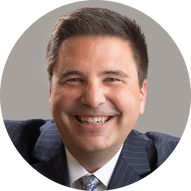 HCAOA member Legally Nanny, a leading law firm representing home care agencies, nanny agencies and family employers, is celebrating 20 years in business this year. Attorney and former HCAOA Board Member Bob King started the firm as a part-time law practice helping California families hire nannies. Shortly thereafter, people started contacting him seeking help with home care issues, and now the firm represents thousands of home care agencies throughout the U.S. Bob has been quoted in The Wall Street Journal and CNN, interviewed on Entertainment Tonight, and speaks and writes about home care legal issues. We hope you can join him and say hello at his upcoming speech at HCAOA's conference next month. Congratulations Legally Nanny!  The California State Legislature passed a bill (SB 616) that, if signed into law by Gov. Gavin Newsom, would require employers in California to provide workers with five days of sick leave per year, up from the current three days mandated by law. The California Association of Health Facilities (CAHF) opposes the legislation, expressing concerns about the increased costs for skilled nursing facilities (SNFs) and the lack of accompanying funding to cover these expenses. CAHF emphasizes that SNFs largely rely on government payers and fears potential challenges in hiring staff to meet mandatory staffing standards due to ongoing workforce issues. The bill is supported by the California Labor Federation and SEIU California, with proponents arguing that it enables workers to prioritize their health without financial strain, while opponents contend that many small businesses, still recovering from the COVID-19 pandemic, may struggle to afford the additional sick days.  A recent report from PHI, a New York-based direct care workers advocacy organization, highlights significant challenges faced by the growing direct care workforce in the United States. While the industry is expected to experience substantial growth over the next decade, issues such as low wages persist, exacerbating recruitment and retention problems within the home care industry. The research reveals that despite some wage growth due to state and federal investments in Medicaid funding, wage growth has slowed significantly, with the median hourly wage for direct care workers increasing by only $0.07 per hour in 2021 and $0.02 per hour in 2022. Stay informed about changes in minimum wage that can affect your business. Today's session promises to be filled with valuable insights and strategies to ensure compliance.
Webinar Date: Wednesday, September 20th Webinar Time: 10:30 a.m. ET To join the webinar, simply click: Preparing for Minimum Wage Changes  HCAOA is proud to announce Jason R. Lee as the new Chief Executive Officer, effective October 2, 2023. Lee will succeed Vicki Hoak, HCAOA CEO for the past four years, who will continue to contribute her expertise as CEO Emeritus through the end of October. Lee brings over 20 years of experience in advocacy and nonprofit management. His background includes a tenure as Chief of Staff and Senior Advisor to the President at the American Dental Education Association (ADEA), where he played a pivotal role in helping to guide the $30 million national organization representing academic dentistry and shape the association's strategic direction. Additionally, Lee served as Chief Advocacy and Strategy Officer at the Association of Fundraising Professionals (AFP) in Arlington, VA. While at AFP, he also held positions as Interim President and CEO, General Counsel, and Director of Government Relations. Before joining AFP, Jason was a lobbyist for Alcalde & Fay and held legislative positions with Sen. Barbara Boxer (D-CA) and Rep. Sheila Jackson Lee (D-TX). Last week, ATI Advisory, LTQA, and the SCAN Foundation released a report analyzing the variability in Medicare Advantage non-medical supplemental benefit offerings by geography and metro/non-metro areas. The goal of the analysis is to expand the stakeholder understanding of benefit offerings across the country. Included in the Executive Summary of the report is the most-commonly offered nonmedical benefits in metropolitan counties, which is Food & Produce (13 plans), while In-Home Support Services (IHSS) is the most common in micropolitan (8 plans) and rural counties (6 plans).
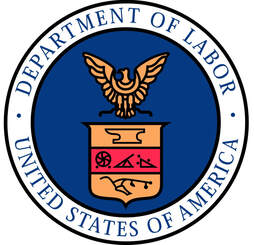 On August 30, the U.S. Department of Labor introduced a proposed rule to raise the minimum salary required for employees to be exempt from overtime (any hours over 40 hours per week) under the Fair Labor Standards Act (FLSA). Currently set at $35,568 per year ($684 per week), the proposed rule aims to increase this threshold to $55,000 per year ($1,059 per week), affecting over 3.5 million salaried employees who may no longer qualify for overtime exemption if implemented. The rule also raises the salary threshold for Highly Compensated Employees to $143,988 per year. Employers are advised to prepare for potential changes and assess employee eligibility for exemption accordingly. 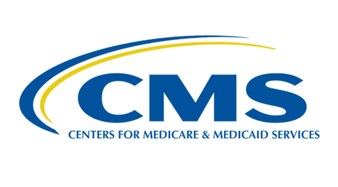 CMS has addressed operational issues causing people to lose their Medicaid coverage during the federal unwinding period. CMS identified problems with how certain states auto-renew enrollees at the family level rather than the individual level, potentially leading to the improper disenrollment of eligible individuals when family members don't qualify for coverage. In response, CMS has mandated that affected states pause procedural terminations for those improperly disenrolled, reinstate their coverage, switch to individual-level auto-renewals, and implement strategies to mitigate further issues, such as extending Medicaid eligibility for affected families up to a year after their scheduled renewal period. CMS aims to rectify flaws in a renewal process that has resulted in millions of individuals losing Medicaid coverage because of the end of COVID-19 eligibility requirements. 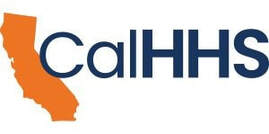 The California Health and Human Services Agency (CalHHS) Alzheimer’s Disease and Related Disorders Advisory Committee has released two fact sheets on dementia and mental health resources, available on the Committee's website. The "Provider Guidance" fact sheet provides information on accessing and providing services for individuals with co-occurring Alzheimer's disease or other forms of dementia and mental health concerns through Medi-Cal, Medicare, and private insurance. The "Consumer Guidance" fact sheet addresses behavioral changes associated with Alzheimer's disease or other forms of dementia and offers guidance on seeking assistance for issues stemming from these behavioral changes. Licensees are encouraged to share these fact sheets with facility staff, individuals in their care, and their representatives.  Last Thursday, the HCAOA Connecticut Chapter hosted state Department of Consumer Protection officials for an informational session with members to discuss two new state laws regulating the home care industry. Beginning October 1, 2023, Public Act 23-48 expressly allows homemaker-companion agencies to use the word “care” in their business names and advertising and advertise having employees trained to provide services to people with memory difficulties, if certain requirements are met. Additionally, Public Act 23-99 expands disclosure requirements for HCAs, such as HCAs providing the name of the caregiver in writing to the client before she enters the client’s home and when an agency changes service rates and ceases operations.  The Department of Health and Human Services (HHS) has issued a proposed rule that would update, clarify, and strengthen the statute that prohibits discrimination on the basis of disability in programs and activities that receive Federal financial assistance or are conducted by a Federal agency.  Representative Jesse Petrea has forwarded an update that he received earlier today concerning the approaching deadline of September 15th for all Medicaid providers to revalidate their credentials. This revalidation process must be completed to assure that providers continue to receive their Medicaid reimbursements for services rendered to Medicaid members.  Join Vicki Hoak, HCAOA’s CEO, on Thursday, September 21, 2023, at 12:00 p.m. ET for a webinar discussing trends in home care mergers and acquisitions. She will be joined by colleagues from Polsinelli and the National Association for Home Care & Hospice. During this webinar, attendees will hear from active buyers who will share their experiences in home care agency acquisition transactions and discuss their criteria when targeting agencies for acquisition. The webinar will also cover the mechanics of a home-based care transaction, covering various transaction types and options, the legal framework of a deal, regulatory considerations, pitfalls in the diligence process, and essential steps agency owners should take to prepare their agency for sale. |
Archives
July 2024
Categories
All
Upcoming Events |
|
Phone: 202-519-2960 | 444 N. Capitol Street NW, Suite 428 | Washington, DC 20001
[email protected] | sitemap © 2024 Home Care Association of America. All Rights Reserved. | Privacy Policy | Refund Policy |
|

 RSS Feed
RSS Feed
